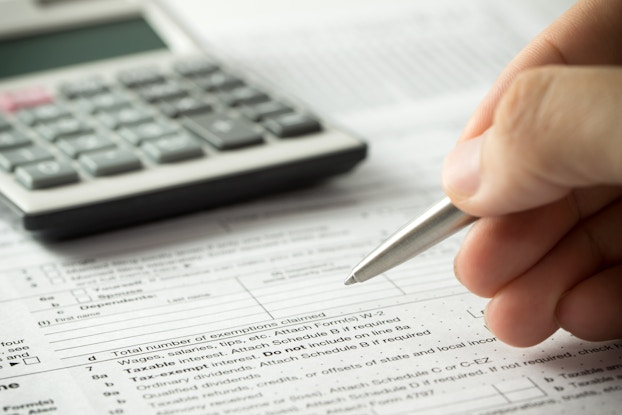Businesses are subject to a variety of taxes, both federal and state. The specific taxes that a business owes will depend on the type of business, the structure of the business, and the state in which the business is located.
Some of the most common business taxes include:
- Income tax: Income tax is a tax on the profits that a business earns. The amount of income tax that a business owes will depend on https://www.factamedia.com/ the amount of profit that the business makes and the tax rate that applies to the business.
- Self-employment tax: Self-employment tax is a tax on the net earnings of self-employed individuals. The self-employment tax is similar to Social Security and Medicare taxes, but it is paid by the self-employed individual rather than by an employer.
- Employment taxes: Employment taxes are taxes that employers pay on behalf of their employees. These taxes include Social Security taxes, Medicare taxes, and unemployment taxes.
- Sales tax: Sales tax is a tax on the sale of goods and services. The amount of sales tax that a business owes will depend on the state in which the business is located and the type of goods or services that are sold.
- Property tax: Property tax is a tax on the value of property. The amount of property tax that a business owes will depend on the value of the property that the business owns and the tax rate that applies to the property.
In addition to these common taxes, businesses may also be subject to other taxes, such as excise taxes, franchise taxes, and environmental taxes.
The best way to determine the specific taxes that a business owes is to consult with an accountant or tax advisor. They can help the business understand the tax laws that apply to the business and ensure that the business is complying with all applicable tax laws.
Here are some tips for businesses to minimize their tax liability:
- Keep good records. Businesses should keep good records of their income and expenses. This will help the business track its profits and losses and ensure that it is reporting the correct amount of taxes.
- Take advantage of deductions and credits. Businesses may be able to deduct certain expenses from their income and claim credits against their taxes. By taking advantage of these deductions and credits, businesses can reduce their tax liability.
- Plan ahead. Businesses should plan ahead for their taxes. This includes estimating their tax liability and making estimated tax payments throughout the year. By planning ahead, businesses can avoid penalties and interest for late or unpaid taxes.
By following these tips, businesses can minimize their tax liability and ensure that they are complying with all applicable tax laws.

